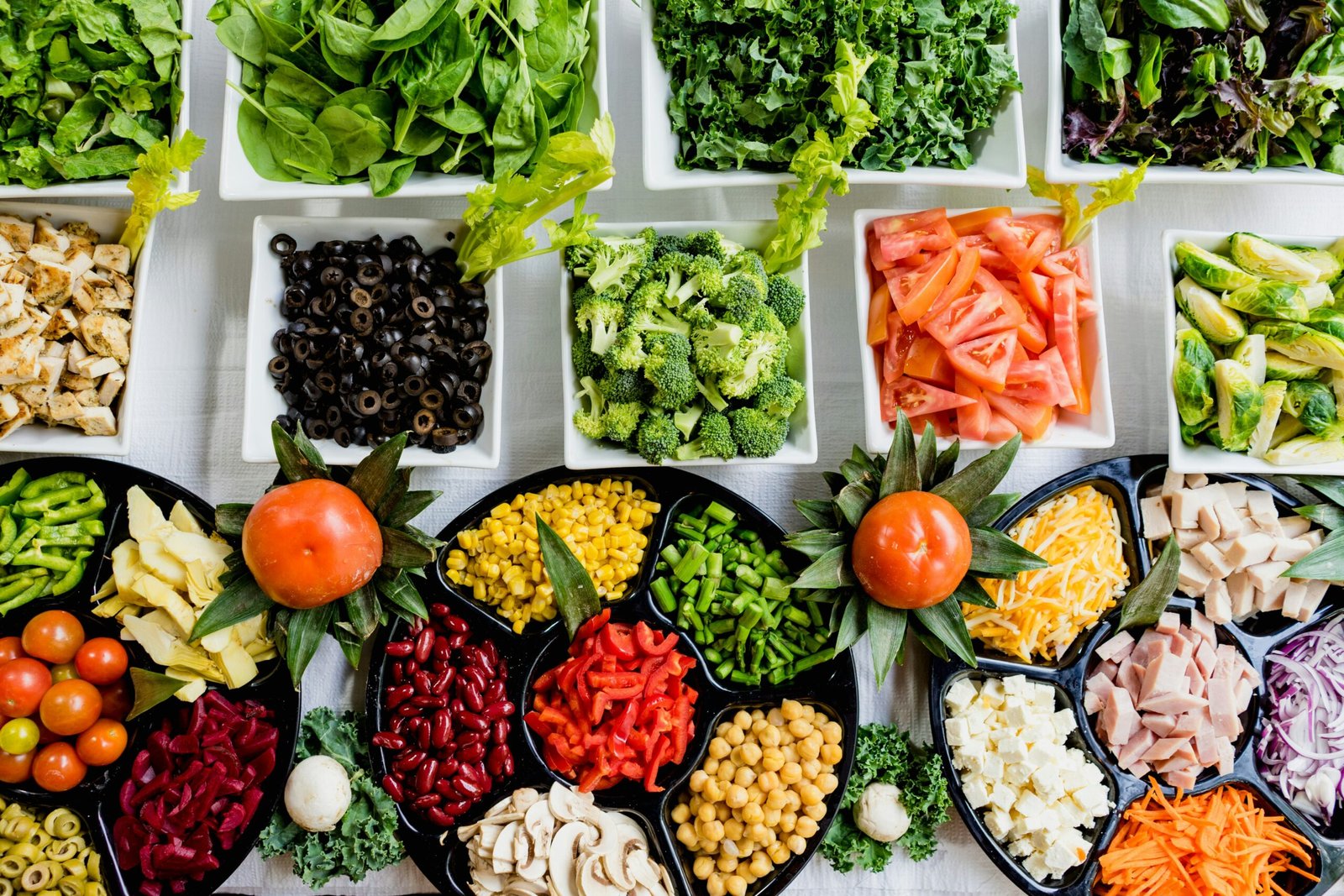Introduction
Feeding a family can be a significant expense, but it doesn’t have to break the bank. With some careful planning and smart shopping, you can cut the cost of feeding your family in half while still enjoying nutritious and delicious meals. In this blog post, we will explore some practical tips and strategies to help you save money on groceries and eat better.
Create a Meal Plan
One of the most effective ways to reduce your food expenses is to create a meal plan. This involves deciding what meals you will prepare for the week ahead and making a shopping list based on those meals. By planning your meals in advance, you can avoid impulse purchases and ensure that you only buy what you need.
When creating your meal plan, consider using ingredients that are on sale or in season. This will not only help you save money but also ensure that you are using fresh and flavorful ingredients in your meals.
Shop Smart
Another key to cutting the cost of feeding your family in half is to shop smart. Here are some tips to help you save money at the grocery store:
- Compare prices: Before making a purchase, compare prices at different stores or online. You may find that certain items are cheaper at one store compared to another.
- Buy in bulk: Buying in bulk can be a great way to save money, especially for non-perishable items such as rice, pasta, and canned goods. Just make sure to check the unit price to ensure that you are getting the best deal.
- Use coupons and discounts: Take advantage of coupons and discounts offered by the store. Many grocery stores have loyalty programs that offer additional savings to their members.
- Avoid convenience foods: Convenience foods, such as pre-packaged meals and snacks, tend to be more expensive. Instead, opt for whole ingredients and cook meals from scratch.
- Shop the perimeter: The perimeter of the grocery store is usually where you will find fresh produce, meat, and dairy products. Focus on buying these items, as they are typically healthier and more affordable than processed foods.
Cook at Home
Eating out can quickly add up and be a drain on your budget. By cooking meals at home, you can save a significant amount of money. Not only is cooking at home more cost-effective, but it also allows you to have control over the ingredients and portion sizes.
Consider involving your family in the cooking process. Not only will this save you time, but it can also be a fun and educational activity for everyone. Get creative with your recipes and try new dishes to keep things interesting.
Reduce Food Waste
Food waste is not only bad for the environment but also a waste of money. By reducing food waste, you can save money and make the most out of your groceries. Here are some tips to help you reduce food waste:
- Plan your portions: When cooking, plan your portions to avoid leftovers that may go to waste. If you do have leftovers, find creative ways to repurpose them into new meals.
- Store food properly: Make sure to store your food properly to extend its shelf life. Use airtight containers or freezer bags to keep food fresh for longer.
- Use your freezer: If you have excess food that you won’t be able to consume before it spoils, freeze it for later use. This way, you can avoid throwing away perfectly good food.
- Practice FIFO: FIFO stands for “first in, first out” and is a method of organizing your pantry and fridge. When unpacking groceries, move older items to the front and place newer items at the back. This will ensure that you use up older items before they expire.
Conclusion
Feeding your family on a budget doesn’t mean sacrificing nutrition or taste. By following these tips and strategies, you can cut the cost of feeding your family in half while still enjoying delicious and nutritious meals. Remember to create a meal plan, shop smart, cook at home, and reduce food waste. With a little bit of effort and planning, you can save money and eat better.







